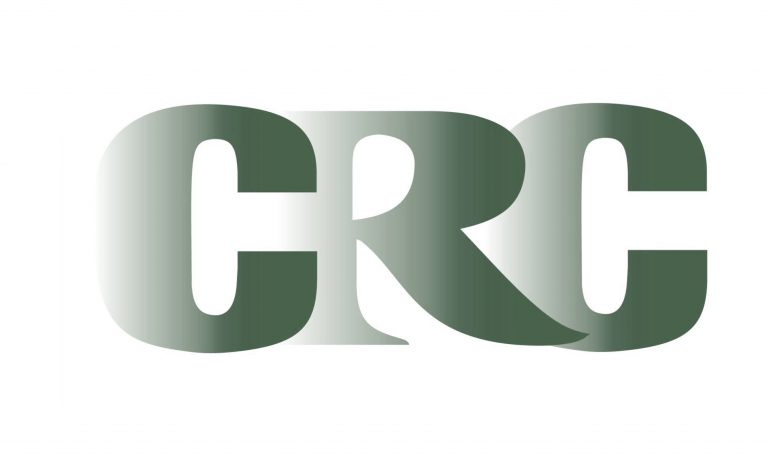Workers’ Compensation Costs Add Up Fast
Workers’ compensation costs are part of the price of having employees, but these costs can add up fast. According to the U.S. Bureau of Labor Statistics, 7.1% of the compensation for civilian employers takes the form of legally required benefits, including workers’ compensation.
This amount may increase as workers’ compensation premiums rise. According to MarketScout, workers’ compensation rates increased 1% in the first quarter of 2022. Compared to the rate hikes seen in other lines, this may seem modest, but for organizations with lots of employees, the increased costs can add up quickly.
Some industries face higher rates based on injury rates, and the industries with the highest risk can be surprising. The National Safety Council says that based on the nonfatal illness and injury rates, the most dangerous industry could be considered education and health services. Other industries with high nonfatal injury and illness rates include manufacturing, retail trade, construction and transportation and warehousing.
Why Most Employers Overpay
Workers’ compensation rates are based on a number of factors. This can include the state and the industry, as well the specific details pertaining to the company’s loss history and an individual worker’s risk level.
Insurance underwriters strive for accurate pricing. However, organizations can end up overpaying for two key reasons. One, the factors that influence rates are subject to change, and if these changes are not taken into account, overpayment can result. Two, workers’ compensation pricing is a complicated process involving data collection from multiple parties, and errors do occur. Although carriers are not trying to overcharge, it may happen inadvertently.
Certain types of errors are common. For example, the experience modification factor can play a big role in how much premiums cost, but errors in the calculation of the score can result in higher rates. Many employers may not even realize they’re paying more than they should. Other errors can stem from the claim valuation and payroll.
An Audit Could Uncover Funds
It’s always nice to find a $20 dollar bill that you’d tucked away and forgotten about. It’s even nicer to find workers’ compensation funds that you can reclaim.
A workers’ compensation premium audit can uncover overpayments worth hundreds of thousands of dollars. To show you just how much you might be leaving on the table, here’s how much two different organizations recovered:
- Example One: The audit of a pharmaceutical manufacturer with 1,250 employees $65 million in payroll uncovered mod calculation, claim valuation and payroll errors and led to $428,000 in recovered workers’ compensation overpayments over a five-year period.
- Example Two: The audit of a nonprofit with 720 employees and $25 million in payroll uncovered mod calculation, claim valuation and payroll errors and led to $183,000 in recovered workers’ compensation overpayments over a 12-year period.
Any State, Any Industry Can Benefit
Some industries face higher workers’ compensation rates than others, but any organization with employees can benefit from a workers’ compensation audit. This includes both nonprofits and for-profit companies in a wide range of sectors, such as manufacturing, education, healthcare, social services, construction, hospitality and more.
An audit can also help organizations in any state, including monopolistic states that don’t allow workers’ compensation competition from private insurers.
The Cost Recovery Consultants Process
Here at Cost Recovery Consultants, we often find overpayments that our competitors have missed. We may also be able to suggest changes that can result in lower payments in the future.
Even better, you can reap these benefits without any risk. That’s because we work on a contingency-fee basis. If we find an overpayment, we take a percentage of the recovery. If we don’t find an overpayment, you pay nothing, and you get the peace of mind that comes with knowing you’re not overpaying. We’re able to operate this way because the simple fact of the matter is that many organizations are overpaying.
When you work with us, we do all the heavy lifting. You simply sign our contract and letter of authority and let us get to work.
Are you ready to see how much workers’ compensation premium audits could save your organization? Contact us to learn more.

